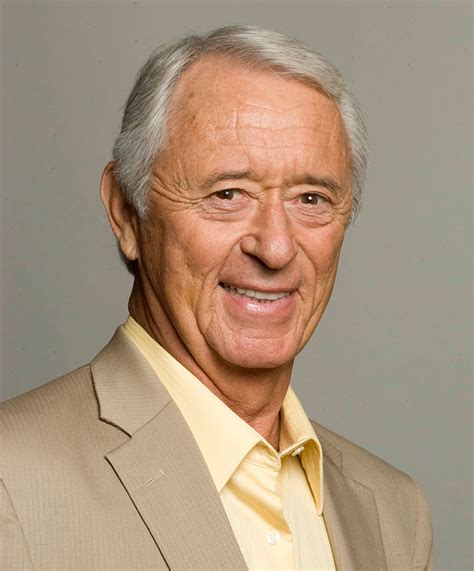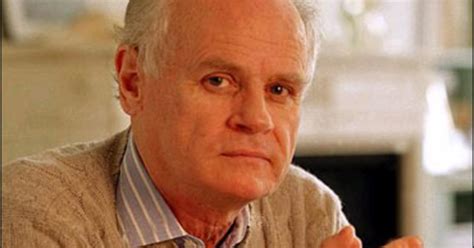A Quote by Denise Levertov
Prophetic utterance, like poetic utterance, transforms experience and moves the receiver to new attitudes. The kinds of experience--the recognitions or revelations--out of which both prophecy and poetry emerge, are such as to stir the prophet or poet to speech that may exceed their own known capacities; they are "inspired," they breathe in revelation and breathe out new words; and by so doing they transfer over to the listener or reader a parallel experience, a parallel intensity, which impels that person into new attitudes and new actions.
Quote Topics
Actions
Attitudes
Both
Breathe
Capacities
Doing
Emerge
Exceed
Experience
Inspired
Intensity
Kinds
Known
Like
Listener
May
Moves
New
New Attitude
New Word
New Words
Out
Over
Own
Parallel
Person
Poet
Poetic
Poetry
Prophecy
Prophet
Prophetic
Reader
Receiver
Revelation
Revelations
Speech
Stir
Transfer
Utterance
Which
Words
Related Quotes
How do you change what you believe when your experience has convinced you otherwise? By creating a new experience. The best way for you to get that new experience is to change your response to what happens. By the natural law of cause and effect, that new response will create new results, which you will then experience as a new reality. To reach the goal of happiness, act as though the following statement is already true: Everything that happens to me is the best thing that can happen to me.
Time is a topological manifold. It is a surface. Events flow across it like water over land and like water flowing over land, when the land is flat, the water becomes reflective and moves slowly. When the landscape becomes disrupted, the water moves faster and chaotic attractors appear and new kinds of activity emerge and out of that new activity, there comes the new states that define the future.
If you want God to do something new in you, you cannot keep doing the same old thing. You have to do something different. And if you do, God will create new capacities within you. There will be new gifts and new revelations. But you've got to pray the price. You'll get out of this what you put into it.
The moral government of God is a movement in a line onwards towards some grand consummation, in which the principles, indeed, are ever the same, but the developments are always new - in which, therefore, no experience of the past can indicate with certainty what new openings of truth, what hew manifestations of goodness, what new phases of the moral heaven may appear.
It is part of the educator's responsibility to see equally to two things: First, that the problem grows out of the conditions of the experience being had in the present, and that it is within the range of the capacity of students; and, secondly, that it is such that it arouses in the learner an active quest for information and for production of new ideas. The new facts and new ideas thus obtained become the ground for further experiences in which new problems are presented.
The mind never need stop growing. Indeed, one of the few experiences which never pall is the experience of watching one's own mind and how it produces new interests, responds to new stimuli, and develops new thoughts, apparently without effort and almost independently of one's own conscious control.
I guess it's a pretty common experience while making a movie. You have to let go of the result and just hang on to the experience and the process, where each role takes you to a different country, as it were: You're shipwrecked on this new island, you have no clothes, you have to figure out how you're going to live in this new character. All of that turns me on.







































